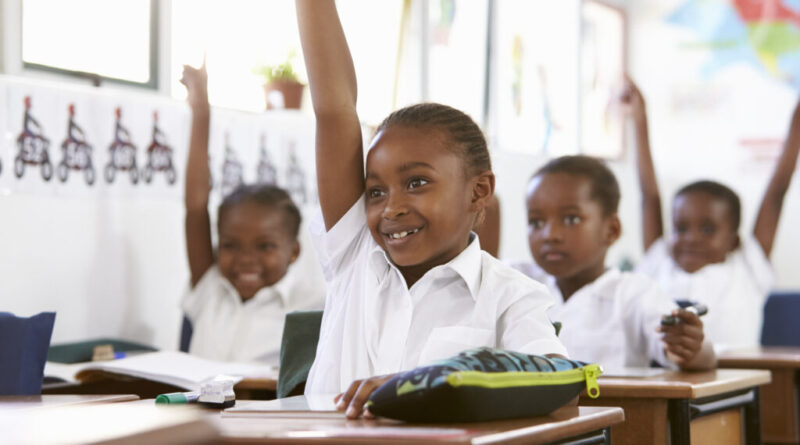Black, Hispanic Students in Alabama See Highest Education Gains From Pandemic
A national analysis of state test results from 29 states and Washington D.C. shows school districts in Alabama made some of the highest gains in math and reading between 2019 and 2022.
AL.com reports the analysis, known as the Education Recovery Scorecard, revealed how the COVID-19 pandemic impacted Black and Hispanic students in the Cotton State.
Alabama has the second-highest reading score gains at the state level for Hispanic students. Like the rest of the U.S., the state didn’t see an increase in math scores, but Alabama had the least amount of learning loss in math, equivalent to a few weeks.
Among Black students, Alabama had the second-lowest learning loss in reading, about a month’s worth, and the fourth-lowest learning loss in math, equal to four months.
However, the study also noted that Black students in some districts lost more than a year of learning due to the pandemic. Additionally, the state’s overall rankings in terms of education compared to other states are relatively low.
Seven of the top 10 school districts in the U.S. for reading are in Alabama, including Butler County, where students showed nearly a year’s worth of gains. In math, eight of the top 10 highest learning gains for Black students were in Alabama school districts, including Demopolis City, Pike Road, Ozark, Henry County, and Thomasville.
The COVID-19 pandemic upended school districts across the country as students were forced to shuffle between virtual learning and in-class instruction. Teachers in some states went on strike due to a lack of COVID-19 safety measures which led to a war of words between teachers unions and city governments.
“This has been a hard season. And it’s exciting to see that their efforts are paying off,” Hoover County resident Chris Robbins told AL.com.
“Our students have worked hard, our families have worked hard,” Robbins continued. “And they deserve a pat on the back.”
The gains by Alabama should be viewed as a success considering U.S. News & World Report ranked the state 41st in internet access. Reliable internet access was paramount for students during the pandemic. However, Black and Hispanic students across the country were hindered by the pandemic, which exposed a widening racial technology gap between minority and white students.

